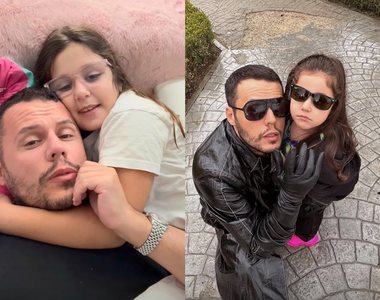
Slamming doors, tantrums, sudden bursts of crying, and dark-faced conversations over dinner...If these are common occurrences in your family, you're probably raising a teenager.
Teenagers often have little or no control over their emotions. And although many parents may see this as unnecessary anxiety or rebellion, these can be signs of a child struggling with anxiety.
"Parents may not always know how to help their children when they are feeling anxious or on the verge of an anxiety attack, and methods that worked in the past may no longer be helpful as teenagers now face challenges of new," says psychologist Natasha Riard.
signs
Regardless of age, according to psychologists, people who feel anxious have a combative reaction, withdrawal, that is, closing in on themselves or inventing stressful situations. "Young people often avoid how they feel and do their best to look like everything is fine by pretending to be busy in a chaotic situation. What you see on their face or behavior may not be what's really happening," emphasized psychologist Lisa Coloca.
Three tips to help an anxious teenager:
#1 Value their feelings
Parents are often guilty of underestimating their children's challenges and the emotions they feel. "Stop using your adult brain on a teenage problem. Telling them 'it'll get better' won't help them because they don't feel well in those moments," said Michelle Savage, another psychologist. When children come to their parents with their concerns, reassurance is not always the solution Parents need to keep in mind that children don't always want advice, but often they just want to feel seen and heard.
#2 Share personal experiences
When a child or teenager is feeling anxious, it often helps to let them know they are not alone. Sharing personal stories of being in a similar situation will help them understand that it is possible to overcome the difficulties they face.
#3 Timing is everything
When a child is feeling anxious or in the middle of an anxiety attack, the last thing they need to hear is advice on how to fix the situation. Don't expect your child to be able to talk about it while under anxiety control. You need to give them some time to calm down and then talk about the situations and things that are bothering them.
Suggested articles:
Source: CNBC







